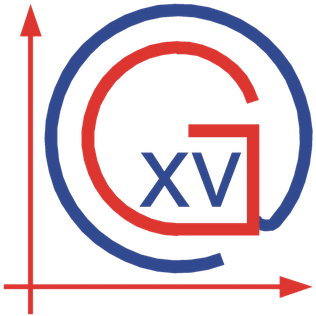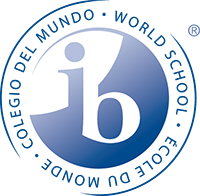The MYP Year 5 students recently showcased their midterm presentations for the Personal Project, demonstrating their creativity and hard work. As the journey progresses toward the final stages, I thought it would be helpful to share some tips and guidance on the next milestone: The Personal Project report. This report will play a key role in determining your final grade, so it’sessential to take it seriously. Here are some tips to ensure your report is successful.
First, using the feedback you received from your mentors and classmates, you should begin writing your first draft during the winter break and aim to complete it by the middle of January. This means you should also be working on your product throughout December and during the period stated previously to guarantee you are managing your time effectively.
The Personal Project report is your opportunity to document your process, reflect on your growth, and display your achievement. Its assessment is based on three criteria: Criterion A (Planning), Criterion B (Applying Skills), and Criterion C (Reflecting). Each criterion has some requirements:
Criterion A: Planning
In regards to Criterion A, your report should describe how you developed your project from the beginning. This is where you show your ability to plan methodically and thoughtfully. Include:
- Your Goal: Clearly state your personal project goal, ensuring it is specific, challenging, and achievable. Tie it directly to one global context, explaining how this context guided your project’s direction. To achieve top marks in this strand, make sure you clearly explain how your personal interest is meaningfully connected to your learning goal.
- Your Product: Briefly outline what your product will be and what caused you to choose it.
- Your Criteria for Success: Outline how you decided what “success” would look like. What standards or benchmarks did you set for yourself? Provide clear, measurable criteria. A smart strategy to separate your success criteria is to utilize the levels of achievement we use in school (1-2, 3-4, etc.) and aim for level 7-8 to produce a successful product. Include concrete ways of evaluating this “success” such as “I will assess this by administering a survey to a test group of viewers.”
Planning Process (Action Plan): Describe the tools and strategies you used for planning. Did you create timelines, use digital tools, or set regular milestones? Reflect on how these helped shape your project. Include the action plan you have made and, hopefully, followed since the beginning of the school year.
Criterion B: Applying Skills
This section highlights the skills you developed and applied throughout your project. Include:
- ATL Skills: Provide specific examples of how you used Approaches to Learning (ATL) skills, such as research, self-management, or communication. For instance, if you conducted interviews, discuss how research skills came into play. State the exact ATL skill you used such as “give and receive meaningful feedback, listen actively to other perspectives and ideas (communication cluster)” and explain how you demonstrated the skill.
- Application in Context: Explain how these skills contributed to achieving your goal. Be specific—do not just say you “improved your research skills.” Mention how you used them to, say, find reliable data or combine complex information.
- Challenges and Problem-Solving: Discuss any obstacles you encountered and how you overcame them. This reflects your resilience and adaptability which is something teachers value when marking the report.
- Evidence: To improve your report, include examples from your personal project journal that demonstrate how and when you used these skills. For example, you can show how you used research skills to establish and analyze credible resources or self- management skills to create and stick to a deadline.
Criterion C: Reflecting
In Criterion C, you need to evaluate your project’s outcomes and the impact of your learning. Include:
- Evaluation of Success: Reflect on whether you achieved your goal based on the criteria for success. Use evidence—photos, data, or feedback from others—to support your evaluation.
- Personal Growth: Discuss what you learned about yourself through this process. Which skills or attributes did you strengthen? What surprised you when you consider your capabilities?
- Future Applications: Consider how you might use the skills or insights gained from this project in future endeavors.
Overall, you should:
- Be Organized: Structure your report into clear sections aligned with the criteria.
- Use Evidence: Include visuals, quotes, or data to make your reflections concrete.
- Be Honest: Acknowledge areas for improvement—it shows self-awareness and growth.
Using these tips and following the guide your mentors provided should help you write a successful report and achieve a 7.





